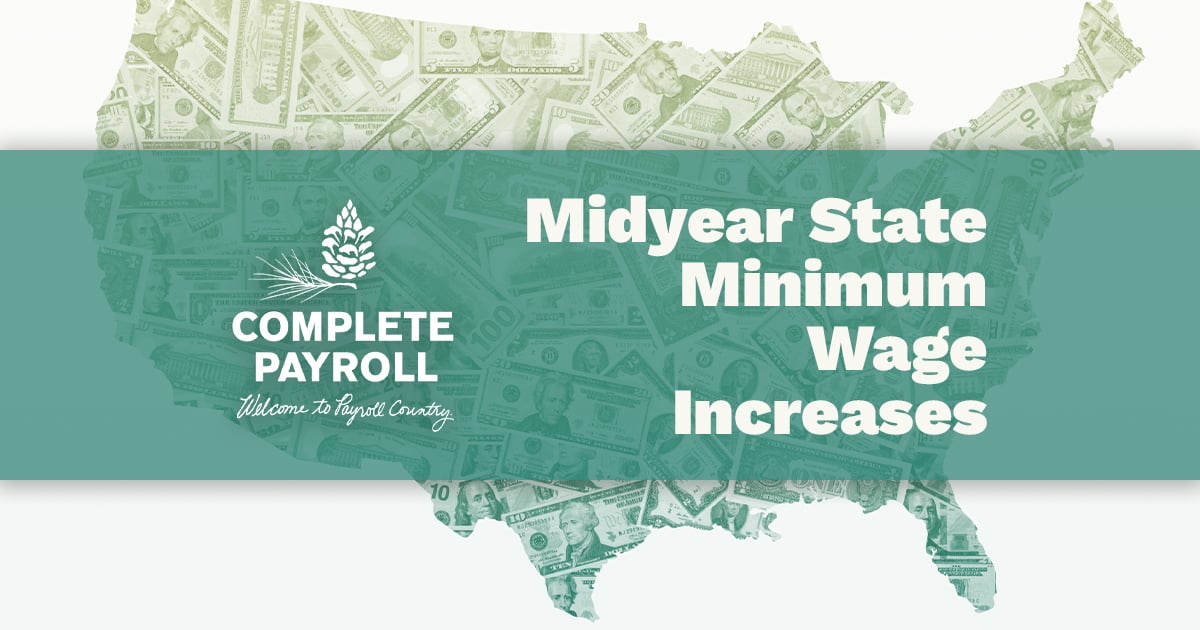Federal Drug-Free Workplace Act of 1988
Overview of Law
The Drug-Free Workplace Act of 1988 requires some federal contractors and all federal grant holders to agree that they will provide drug-free workplaces as a condition of receiving a contract or grant from a federal agency.
All organizations covered by the Drug-Free Workplace Act of 1988 are required to provide a drug-free workplace by taking the following steps:
- Publish and give a policy statement to all covered employees informing them that the unlawful manufacture, distribution, dispensation, possession, or use of a controlled substance is prohibited in the covered workplace and specifying the actions that will be taken against employees who violate the policy.
- Establish a drug-free awareness program to make employees aware of (a) the dangers of drug abuse in the workplace; (b) the policy of maintaining a drug-free workplace; (c) any available drug counseling, rehabilitation, and employee assistance programs; and (d) the penalties that may be imposed upon employees for drug abuse violations.
- Notify employees that as a condition of employment on a federal contract or grant, the employee must (a) abide by the terms of the policy statement; and (b) notify the employer, within five calendar days, if they are convicted of a criminal drug violation in the workplace.
- Notify the contracting or granting agency within 10 days after receiving notice that a covered employee has been convicted of a criminal drug violation in the workplace.
- Impose a penalty on—or require satisfactory participation in a drug-abuse assistance or rehabilitation program by—any employee who is convicted of a reportable workplace drug conviction.
- Make an ongoing, good-faith effort to maintain a drug-free workplace by meeting the requirements of the Act.
Got a labor law question?
Got a labor law question? Our team helps employers with labor law compliance every day. Complete the form below to ask a question or request some help.
General Disclaimer
The materials and information available at this website and included in this blog are for informational purposes only, are not intended for the purpose of providing legal advice, and may not be relied upon as legal advice. The employees of Complete Payroll are not


















